Ramadan is a month of spiritual reflection and dedication for Muslims around the world. It is a time of self-discipline, devotion, and community, but it can also be a challenging and stressful month.
With the daily fasts and additional religious practices, it can be easy to feel overwhelmed and exhausted. This is why finding ways to relax and de-stress during Ramadan is crucial for maintaining physical, mental, and emotional health. In this blog post, we will explore some tips and techniques for relaxing during Ramadan and making the most of this special month.
Whether you are a seasoned Ramadan observer or new to the practice, we hope these tips will help you have a peaceful and productive month.
Benefits of Relaxation During Ramadan
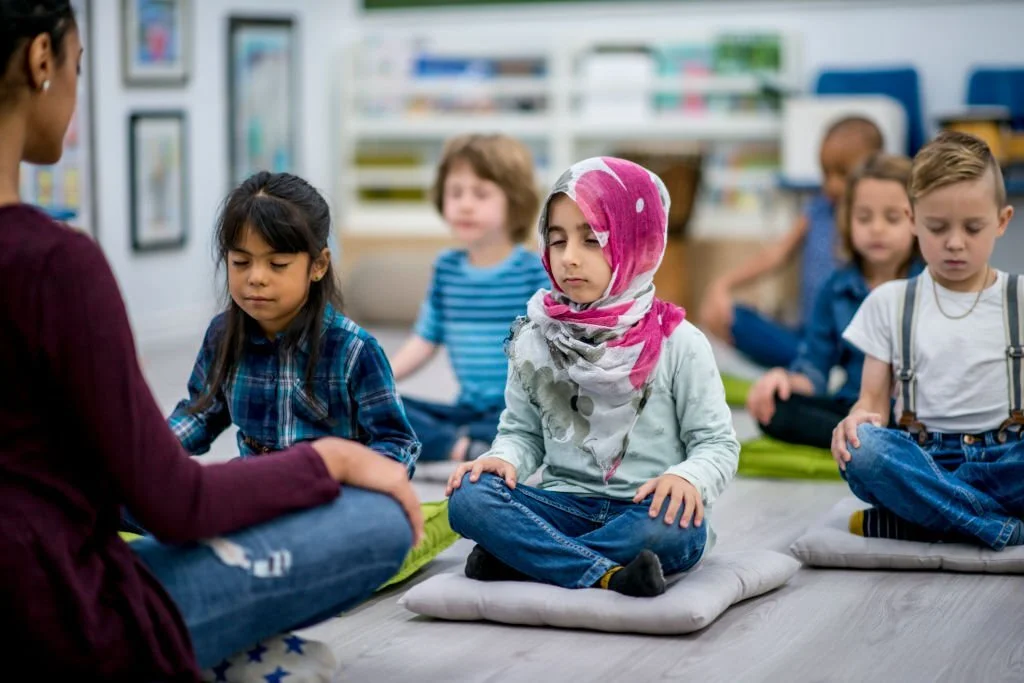
Ramadan is a time of self-reflection, spiritual growth, and connection with God. It is also a time of physical and mental challenge, as Muslims fast from dawn to dusk and engage in additional religious practices.
While these practices are important for the spiritual journey, it can be easy to forget the importance of relaxation during this time. Here are some benefits of relaxation during Ramadan:
- Improved Focus and Productivity: Taking time to relax and recharge can help improve focus and productivity during the day. When we are well-rested and calm, we are better able to concentrate on our work and other daily activities.
- Better Physical Health: Relaxation can help reduce stress and improve overall physical health. Stress can lead to a variety of health problems, including high blood pressure, heart disease, and chronic pain. By taking time to relax, we can help reduce our risk of these conditions.
- Improved Mental Health: Relaxation can also improve mental health by reducing anxiety, depression, and other mental health conditions. This is particularly important during Ramadan, when the combination of fasting and additional religious practices can be mentally taxing.
- Positive Mindset: Relaxation can contribute to a more positive mindset, which can help us approach our daily activities with a sense of optimism and gratitude. This can help us stay motivated and productive during the month of Ramadan.
- Enhanced Spiritual Experience: Finally, relaxation can contribute to a more enhanced spiritual experience during Ramadan. When we take time to relax and connect with our inner selves, we are better able to connect with God and feel a deeper sense of spiritual connection.
In conclusion, relaxation is an important aspect of physical, mental, and spiritual health during Ramadan. By taking time to relax and recharge, we can improve our overall well-being and have a more fulfilling and productive month.
Combining Relaxation with Other Wellness Practices
While relaxation is an important aspect of wellness during Ramadan, there are other practices that can be combined with relaxation to enhance overall well-being. Here are some examples:
- Healthy Eating: Eating a balanced and healthy diet is important during Ramadan to maintain physical health and energy levels. By combining relaxation with healthy eating practices, such as mindful eating, you can increase your awareness and enjoyment of food.
- Hydration: Staying hydrated is important during Ramadan, as fasting can lead to dehydration. Combining relaxation with drinking water or other hydrating beverages, such as herbal tea or coconut water, can help you feel refreshed and energized.
- Gratitude Practices: Practicing gratitude is an important aspect of spiritual and mental health during Ramadan. Combining relaxation with gratitude practices, such as journaling or reciting blessings, can help you cultivate a positive and thankful mindset.
- Giving Back: Giving back to others is an important aspect of spiritual and emotional health during Ramadan. Combining relaxation with acts of kindness, such as volunteering or donating to charity, can help you feel fulfilled and connected to your community.
- Sleep Hygiene: Getting enough quality sleep is crucial for physical and mental health during Ramadan. Combining relaxation with sleep hygiene practices, such as creating a calming sleep environment and establishing a regular sleep schedule, can help you get the rest you need.
By combining relaxation with other wellness practices, you can enhance your overall well-being and make the most of the month of Ramadan. Remember to prioritize self-care during this holy month, and take care of your physical, mental, and spiritual health.
Conclusion
In conclusion, relaxation is an important aspect of overall wellness during the month of Ramadan. By taking time to relax and recharge, we can improve our physical, mental, and spiritual health, and make the most of this holy month.
There are many practical tips for relaxing during Ramadan, such as taking quick naps, meditating, engaging in light exercise, listening to calming music or Quran recitation, and winding down before bed.
Additionally, combining relaxation with other wellness practices, such as healthy eating, hydration, gratitude practices, giving back, and sleep hygiene, can enhance our overall well-being during this month of self-reflection and spiritual growth.
Remember to prioritize self-care and take care of your mind, body, and soul during Ramadan, so that you can fully embrace the beauty and blessings of this holy month.




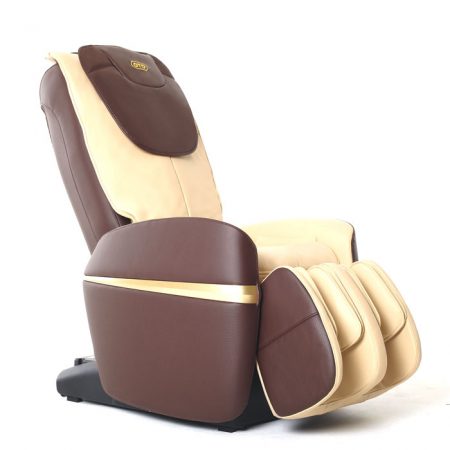
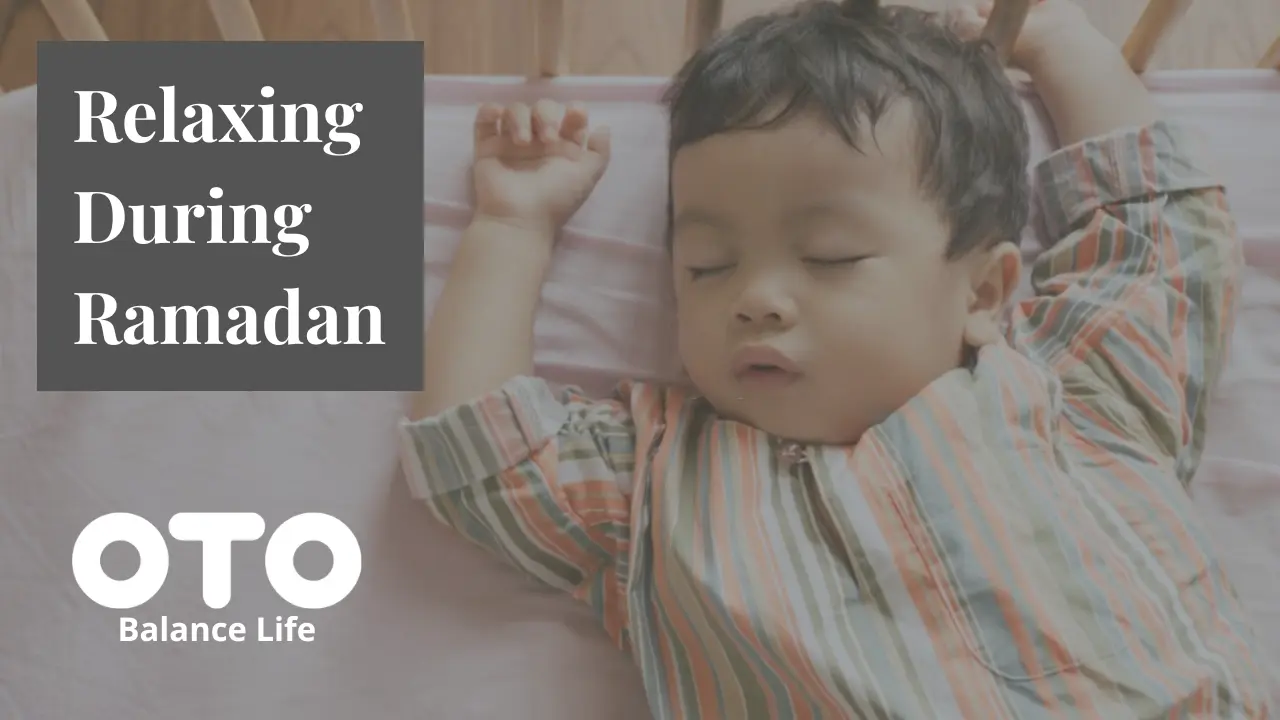
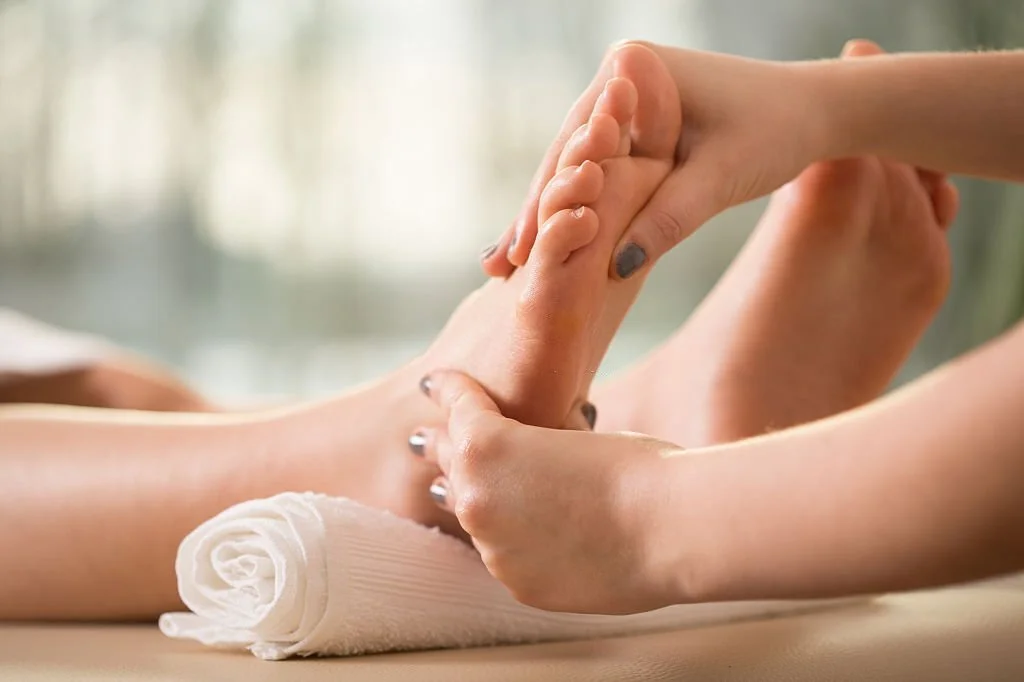
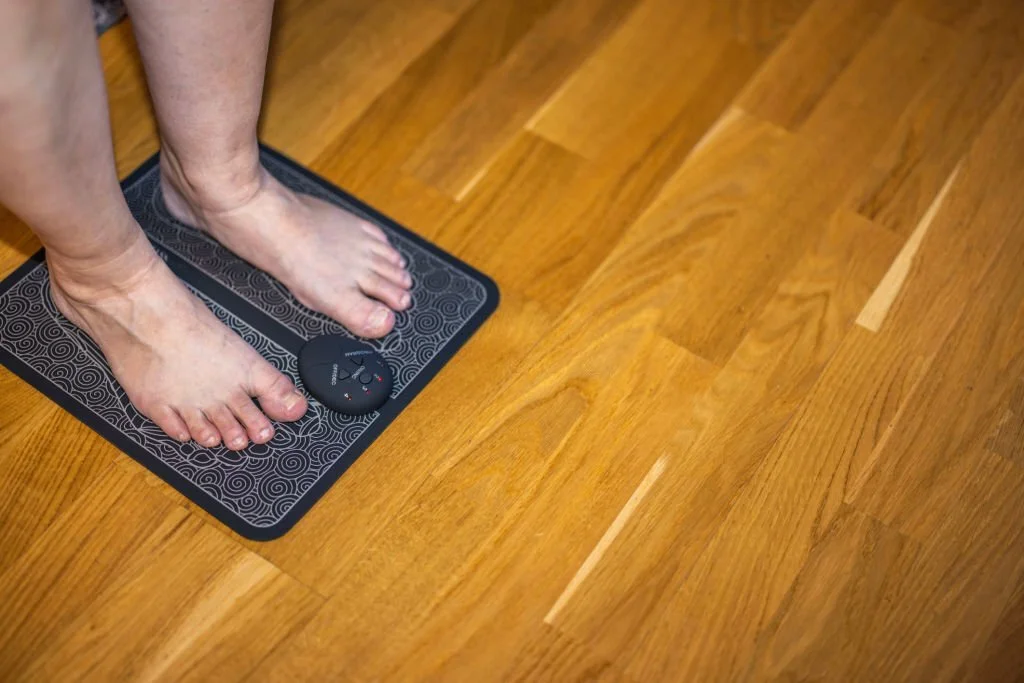

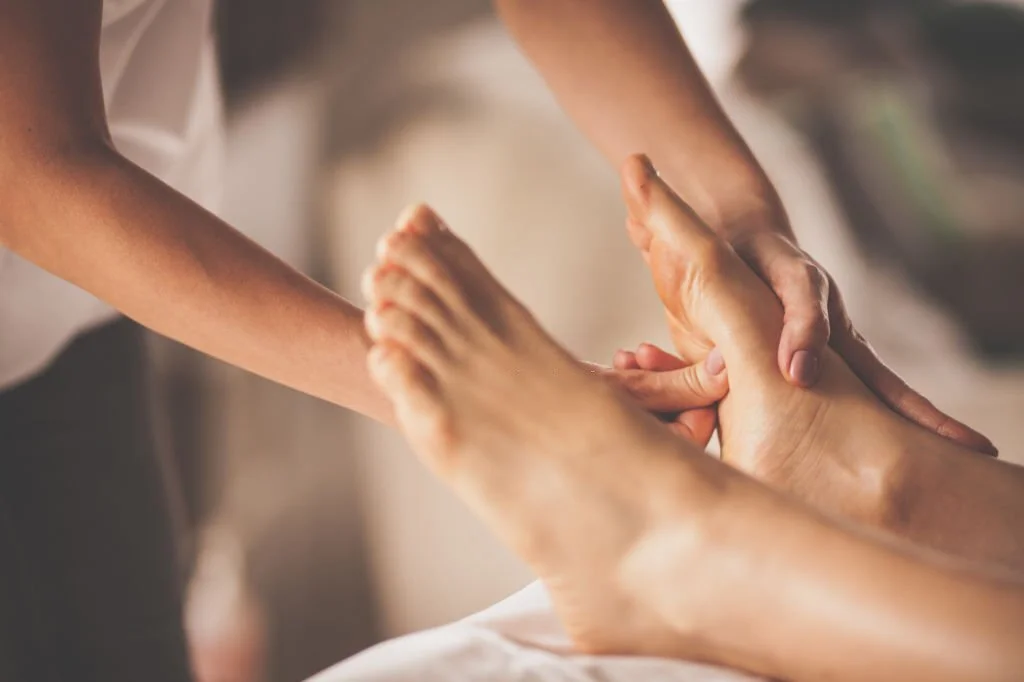
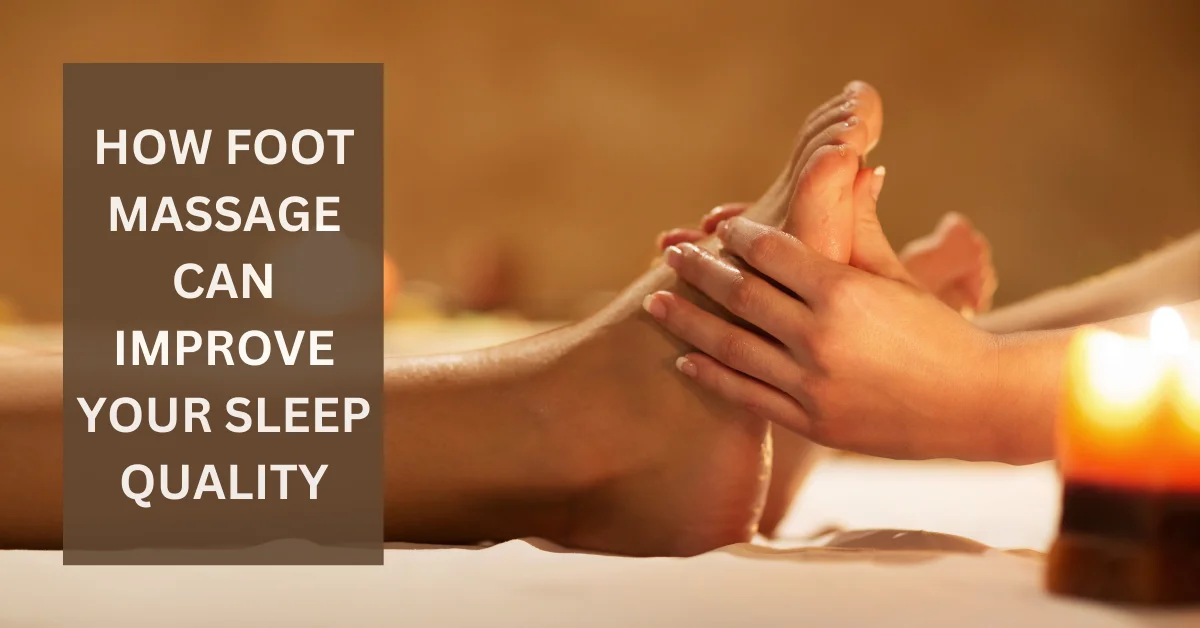
Leave a comment